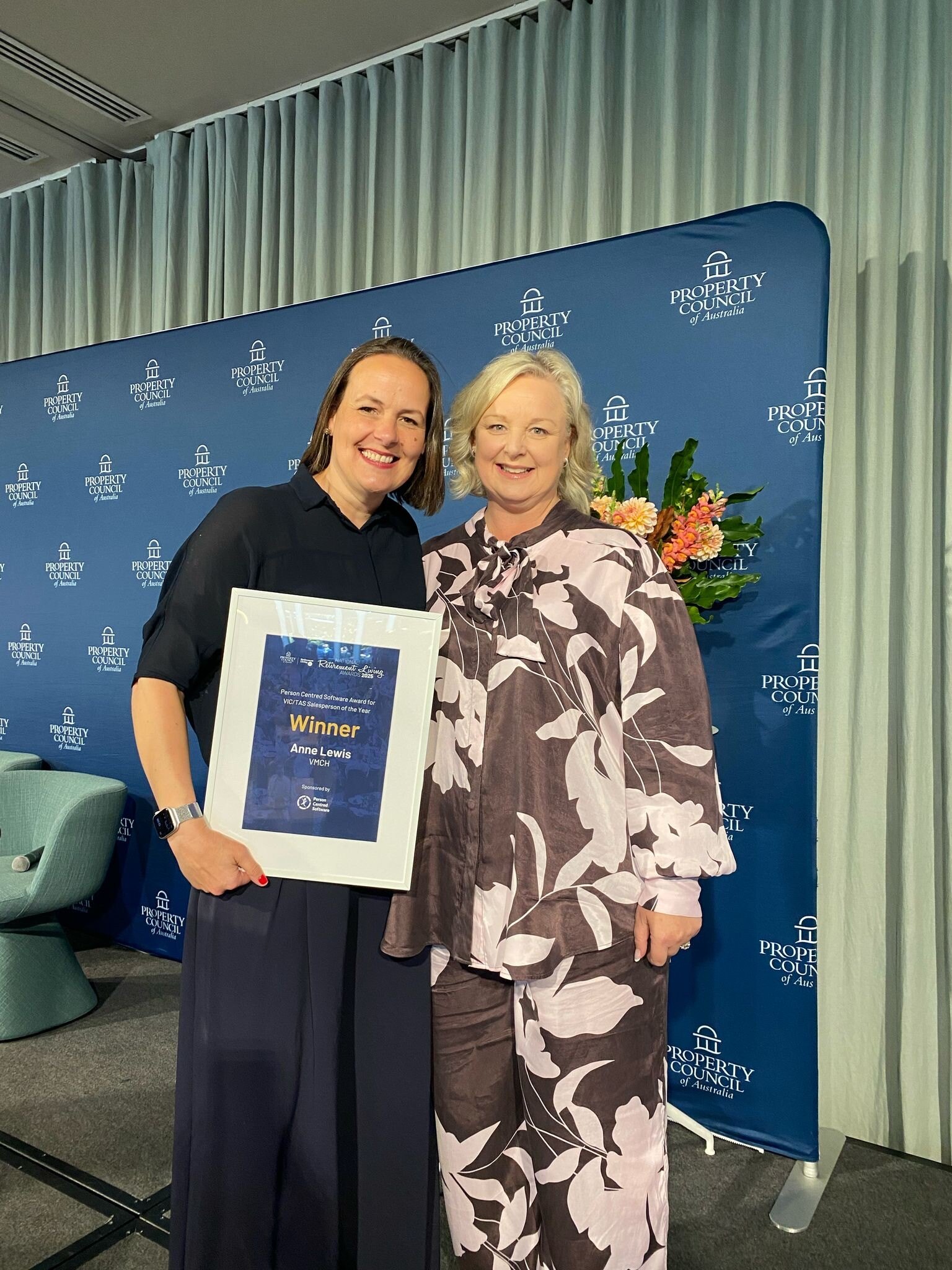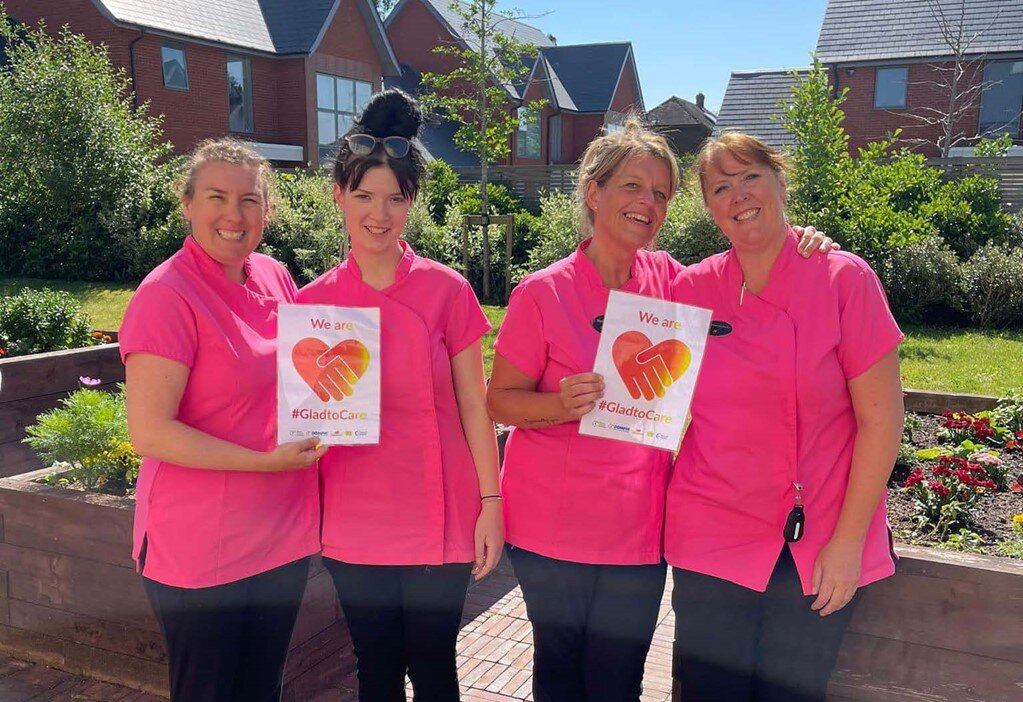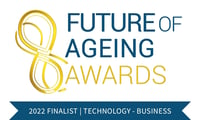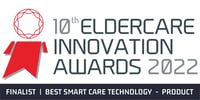Published in The Weekly Source, Hospital and Healthcare
Aged care facilities across Australia are benefitting from a software integration that enables carers to identify, monitor and reduce pain in dementia residents.
Person Centred Software, provider of a digital care system which allows staff to digitally plan, record and monitor the care of residents in real-time, has joined forces with pain assessment technology specialist PainChek®, to integrate its systems and provide facilities with a more effective tool for managing resident discomfort.
The integration seamlessly feeds pain assessment data captured in PainChek® into Person Centred Software’s Mobile Care Monitoring system, providing facilities with a more complete picture of a resident’s needs in one location. The integration helps carers to personalise resident care plans and monitor pain in a way that is particularly useful when caring for people with dementia who are often unable to verbally communicate their discomfort.
Using AI and facial recognition technology, PainChek® provides carers with the ability to accurately identify and quantify the presence of pain when pain isn’t obvious, through the measurement of involuntary micro-facial expressions typically associated with pain.
As well as measuring facial expressions, the innovative software assesses other non-facial indicators across six domains, such as behaviours, vocalisations and body movement, to further enhance the assessment process and provide fast, effective and reliable pain scores.
PainChek® has TGA and CE mark regulatory clearance. In addition, Dr Jennifer Abbey AM has joined PainChek®’s clinical advisory board. Dr. Abbey is the developer and innovator behind the Abbey Pain Scale (APS), which has been the standard pain assessment tool used for people who cannot verbalise in Australia and overseas since 2004.
Customers of Person Centred Software that are already benefiting from the integration include St Andrews Village in Canberra, who have been using the integrated platforms for over 12months so far.
Speaking of how the integration has benefitted the facility and its residents, CEO of St Andrews Village Deborah Booth said: “PainChek® is a useful tool for people in the first and second stages of cognitive loss, which is a lot of our residents at St Andrews.
The integration with Person Centred Software has made the documentation process so much easier. Now, we can pull up a report of resident behaviours. So, if we have someone with triggered behaviour we can go back and look at when the last PainChek® assessment was done, check for patterns and act much more quickly to help ease the resident of any discomfort, documenting the outcome through Person Centred Software.”
Tammy Sherwood, CEO at Person Centred Software, said: “It’s fantastic to hear that the integration of our software with PainChek®’s is benefitting customers by helping them to identify and manage pain at greater speed, particularly residents living with dementia.
There are a number of barriers that exist and can make effective pain management more difficult to achieve in aged care settings, the greatest being communication deficits and cognitive impairment in residents. From speaking with our customers, it’s clear that the integration is proving incredibly effective at removing this barrier, providing homes with an efficient way of monitoring resident pain and giving them the ability to intervene in its early stages to reduce any pain experienced.
This of course is highly beneficial to residents and we hope that, as other aged care homes across Australia recognise the benefits, we’ll start to see more and more effective pain management throughout the sector”.











